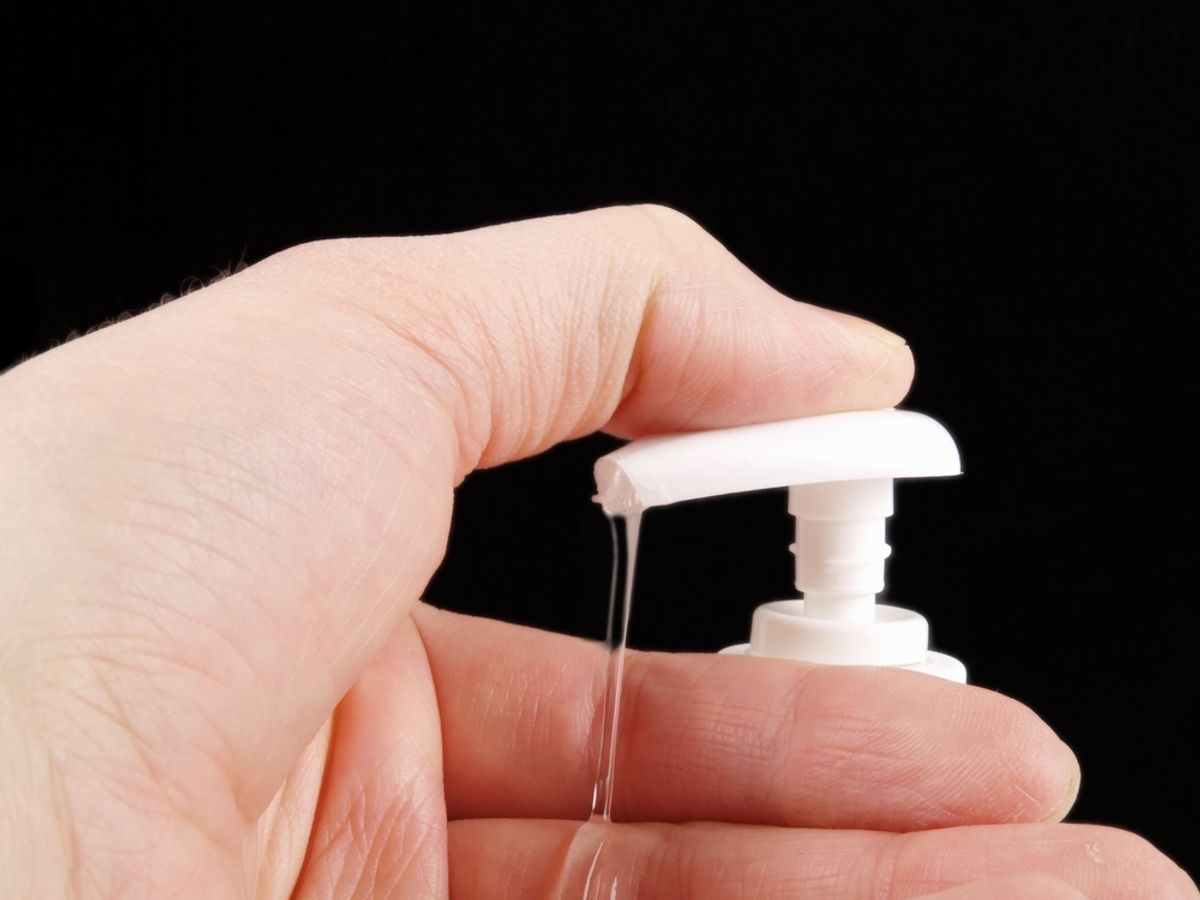Minnesota's become the first U.S. state to take a stand on an unnecessary, potentially dangerous chemical found in antibacterial soaps. Citing health and environmental concernts, Gov. Mark Dayton signed a bill Monday banning the ingredient, triclosan, from most retail consumer hygiene products.
Triclosan's widespread use in antibacterial soaps doesn't make much sense. The Food and Drug Administration acknowledged as much last December, when it put the chemical under review. According to the agency, triclosan hasn't been established as unsafe in humans, but "questions" have been raised by animal studies. The FDA also raised the possibility that it could be contributing to antibiotic resistance. And as it finds its way into lakes and rivers, University of Minnesota researchers said, it can interact with chlorine and sunlight to form dioxins, environmental pollutants that can be harmful to humans.
Put together, it's an awful lot of risks associated with a chemical that's basically useless: It's ineffective against certain bacteria and fungal infections, and hasn't been proven to be any more effective than the classic combination of soap and water.
"I can say as the public health person on the infectious disease side, the benefits aren't there," Michael Osterholm, director of the Center for Infectious Disease Research and Policy at the University of Minnesota, recently told Minnesota Public Radio. "So if the risks are something to be measured, then in a risk-benefit analysis this chemical shouldn't and doesn't hold up."
The FDA has until 2016 to establish whether triclosan is safe and effective, and to remove it from soaps if it turns out not to be. Since Minnesota's ban doesn't go into effect until 2017, the entire country could end up seeing the chemical phased out as once. Until then, consumers are stuck looking out for the ingredient in their soap -- and in their deodorant, and in their toothpaste, and anywhere else it's been known to appear.



Shares